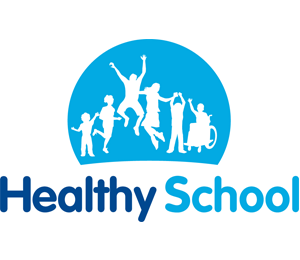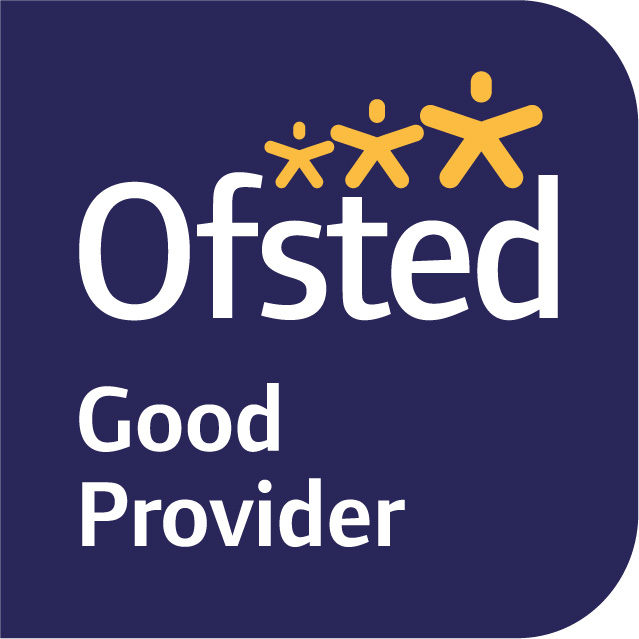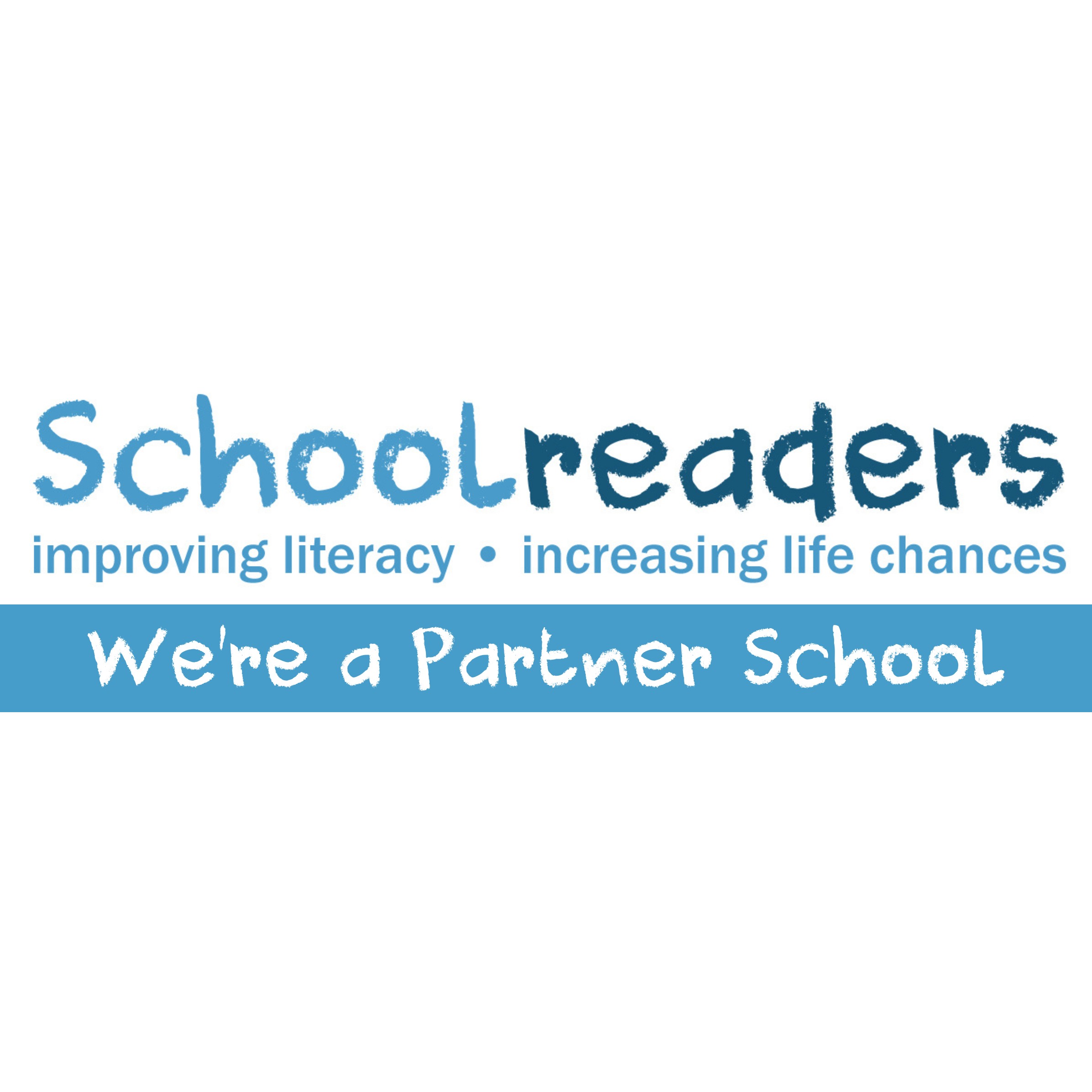Our Intent: Why our Music curriculum looks like this
Music is an important part of our school and is inclusive to all pupils. It contributes to the development of the child emotionally, spiritually, intellectually and socially and provides children with opportunities to develop and extend skills to express their individual interests and ideas. Music at Green Lane equips children with the skills to explore, experiment, create and make their own music whilst engaging, inspiring and challenging. Because of this, we feel it is important for the subject to be taught discretely as well as incorporated within other curriculum subjects such as English, History and Geography.
What are the aims of the Green Lane Curriculum for Music?
The Green Lane Curriculum for Music follows the aims of the National Curriculum to ensure that all pupils:
- perform, listen to, review and evaluate music across a range of historical periods, genres, styles and traditions, including the works of the great composers and musicians
- learn to sing and to use their voices to create and compose music on their own and with others, have the opportunity to learn a musical instrument, use technology appropriately and have the opportunity to progress to the next level of musical excellence
- understand and explore how music is created, produced and communicated, including through the inter-related dimensions: pitch, duration, dynamics, tempo, timbre, texture, structure and appropriate musical notations.
Music is a universal language that embodies one of the highest forms of creativity. A high-quality music education should engage and inspire pupils to develop a love of music and their talent as musicians, and so increase their self-confidence, creativity and sense of achievement. As pupils progress, they should develop a critical engagement with music, allowing them to compose, and to listen with discrimination to the best in the musical canon.
Music Subject Content: Key Stage 1
Pupils should be taught to:
- use their voices expressively and creatively by singing songs and speaking chants and rhymes
- play tuned and un-tuned instruments musically
- listen with concentration and understanding to a range of high-quality live and recorded music
- experiment with, create, select and combine sounds using the interrelated dimensions of music
Music Subject Content: Key Stage 2
Pupils should be taught to sing and play musically with increasing confidence and control. They should develop an understanding of musical composition, organising and manipulating ideas within musical structures and reproducing sounds from aural memory.
Pupils should be taught to:
- play and perform in solo and ensemble contexts, using their voices and playing musical instruments with increasing accuracy, fluency, control and expression
- improvise and compose music for a range of purposes using the interrelated dimensions of music
- listen with attention to detail and recall sounds with increasing aural memory
- use and understand staff and other musical notations
- appreciate and understand a wide range of high-quality live recorded music drawn from different traditions and from great composers and musicians
- develop and understanding of the history of music
Implementation and Impact: How do we teach our Music curriculum and what is the purpose of our Music curriculum?
| IMPLEMENTATION | IMPACT |
| Charanga Through the musical program ‘Charanga,’ teachers are able to produce inclusive lessons for all children to access the music curriculum in a fun and engaging way, further promoting a love of learning. Teachers deliver music by following the Charanga programme, which has been designed specifically for the teaching of music in primary schools. Charanga lessons are planned in sequences to provide children with the opportunities to review, remember, deepen and apply their understanding. The elements of music are taught in classroom lessons so that children are able to use some of the language of music to dissect it, and understand how it is made, played, appreciated and analysed. In the classroom, children learn how to play a variety of percussion instruments and will be given the opportunity to play the glockenspiel. In Year 4, children learn how to play the recorder, which is then continued in music lessons in year 5 and 6 as well as playing the glockenspiel. Singing, Workshops and Drumming The implementation of the Music Curriculum at Green Primary Academy is based on the National Curriculum and ensures children sing, listen, play, perform and evaluate. This is embedded in the classroom music lessons together with the weekly singing assemblies (music practice, performances, TVMS workshops, drumming workshops with Tim Coyte, the school choir and the learning of instruments). Performances At Green Lane every child has the opportunity to perform annually within their year group productions. Our performances are of a high standard where children are encouraged to speak, sing, act and dance in front of a live audience. Talents and interests are encouraged and nurtured to build confidence. | Music enables children to develop an understanding of culture and history, both in relation to children individually, as well as ethnicities from across the world. Children are able to enjoy music in as many ways as they choose – either as listener, creator or performer. Children have the opportunity to discuss and share their own thoughts, opinions and ideas, acknowledging and respecting that these may vary and that this is positive. They can dissect music and comprehend its parts. They can sing and feel a pulse. Children will begin to read music and learn some notation. They will listen and perform to each other. All children take part in weekly singing where old and new songs are learnt and rehearsed. Children are able to sing in rounds and in parts (KS2) and enjoy performing in assemblies. Individual children are given the opportunity to perform to their peers if they so wish during assemblies where their talents are celebrated. The choir rehearse and perform at various events in school and in the wider community. |
Please click on the links below to view our Progression of Skills for each year group.








